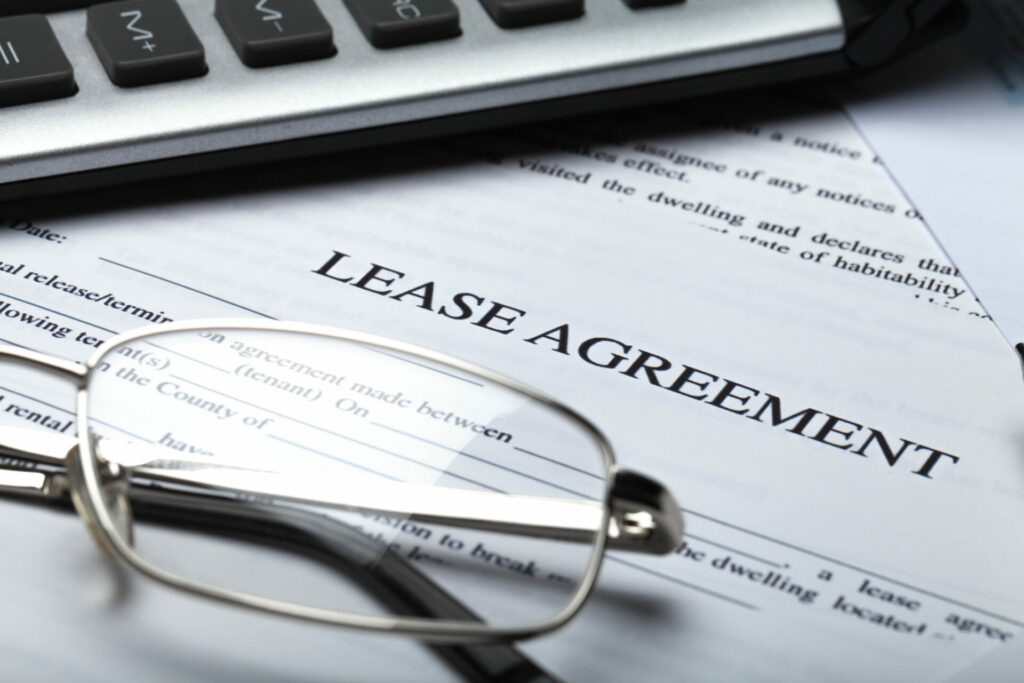Small business owners have so many different demands on them that focusing on ADA compliance can be challenging. Maintaining ADA compliance in all areas of your business can be difficult, if not impossible, if you do not have the necessary information or a human resources representative on-site to help you. Businesses that are just starting up or do not have as much insight into the best practices to ensure compliance face even more hardship. We will discuss some important ways to ensure your small businesses are ADA compliant in 2020 below.
Understanding the Americans With Disabilities Act
The Americans with Disabilities Act (ADA) is a federal civil rights law prohibiting discrimination against people with disabilities. The ADA also guarantees that people with disabilities have the same access and opportunities as everyone else. The ADA covers a wide range of disabilities, including physical illness, intellectual disabilities, medical conditions, physical limitations, mental illness, and visual and auditory impairments. Under the ADA, those with disabilities must be given the necessary tools through reasonable accommodations to allow them to have the same experiences as someone who is not disabled.
The ADA requires the Department of Justice to provide businesses with technical assistance. If you have questions about ADA compliance, you can request detailed information from them. However, they are not allowed to provide you with legal advice. If you are involved in a legal issue regarding ADA compliance, we recommend discussing the case with an experienced attorney.
Private Businesses That Serve the Public
The ADA outlines the guidelines that businesses need to follow to provide equal opportunities for their customers and employees. Businesses have to provide people with reasonable accommodations to ensure that customers with disabilities have the same experiences as everyone else. Some examples of requirements under the ADA include the following:
- Providing wheelchair access
- Braille signage
- Sign language interpreters
- Accessible parking spaces for individuals with disabilities
Do I Have to Disrupt My Business Model?
Complying with the ADA public accommodations requirements can be a significant financial burden for businesses. Even though businesses must provide reasonable accommodations, they do not need to make changes that will disrupt their business model to comply with the ADA. Remember, businesses are only required to provide reasonable accommodations that are necessary for people with disabilities.
Suppose a business’s existing facilities make it impossible to comply with the ADA. For example, many old buildings are not ADA compliant. Business owners may not be able to change their existing structure due to an architectural barrier physically. In that case, the business owner may be exempted from making accessibility changes to their structure.
Title I Compliance
Under Title 1 of the ADA, employers must provide individuals with disabilities an equal chance to benefit from employment-related opportunities available to others. However, not every business must comply with Title 1 of the ADA. Under the ADA, you are considered a qualified employer if you:
- Employ 15 or more workers every day
- Are engaged in an industry affecting commerce
- Operate for at least 20 calendar weeks in a year
For example, when businesses have at least 15 employees, they are required under Title One to provide individuals with disabilities an equal chance to benefit from employment-related opportunities available to others.
Title III Compliance
Title III of the ADA focuses on a business’s customers. Any business considered to be public accommodations cannot discriminate against customers with disabilities. Title III is the provision of the ADA that requires companies to make their establishment accessible to people with disabilities. A business that is a public accommodation provides goods or services to the public.
The requirements laid out in Title II are to be followed by most businesses that serve the public, regardless of the size of the establishment. Owners of public accommodations must make every reasonable effort to accommodate and assist people with disabilities. Reasonable efforts are included, but not limited to the following:
- Establish an accessible design in your business
- Allow service animals and mobility devices such as wheelchair ramps, list, and railings
- Adjust the mode of communication, such as using sign language interpreters
- Remove physical barriers to existing structures when doing so is readily achievable, such as with new construction or changing the entrance to a building
- Ensure that restrooms are accessible
Making changes to the physical structure of your building is required when it is readily achievable. The term readily achievable can mean different things to different businesses based on their resources. For example, if you have a larger entity, you will be expected to be more proactive about removing barriers than a small business owner who does not have the resources to do so. However, just because a person owns a small business does not mean they will not be required to make reasonable changes. If you have questions about what changes you need to make, we recommend discussing your case with an ADA compliance attorney.
Website Accessibility
Many business owners overlook the requirement that their websites be accessible to people with disabilities. Web content is another area that must comply with the ADA. Hundreds of businesses have been sued in federal court every year over web content accessibility compliance infractions. The website should include captioned videos and images, PDF versions of content that can be downloaded by someone with low vision or who uses an assistive technology device. Doing so will help you ensure that your business complies with Title III of the ADA.
Discuss Your Case With a Skilled Georgia ADA Compliance Attorney
Are you a small business owner who has questions about whether you are ADA-compliant? Have you been charged with an ADA violation? If so, the experienced attorneys at InPrime Legal are here to help. Contact our Marietta, Georgia, ADA compliance law firm today to schedule your initial case evaluation to learn more about our legal services.




